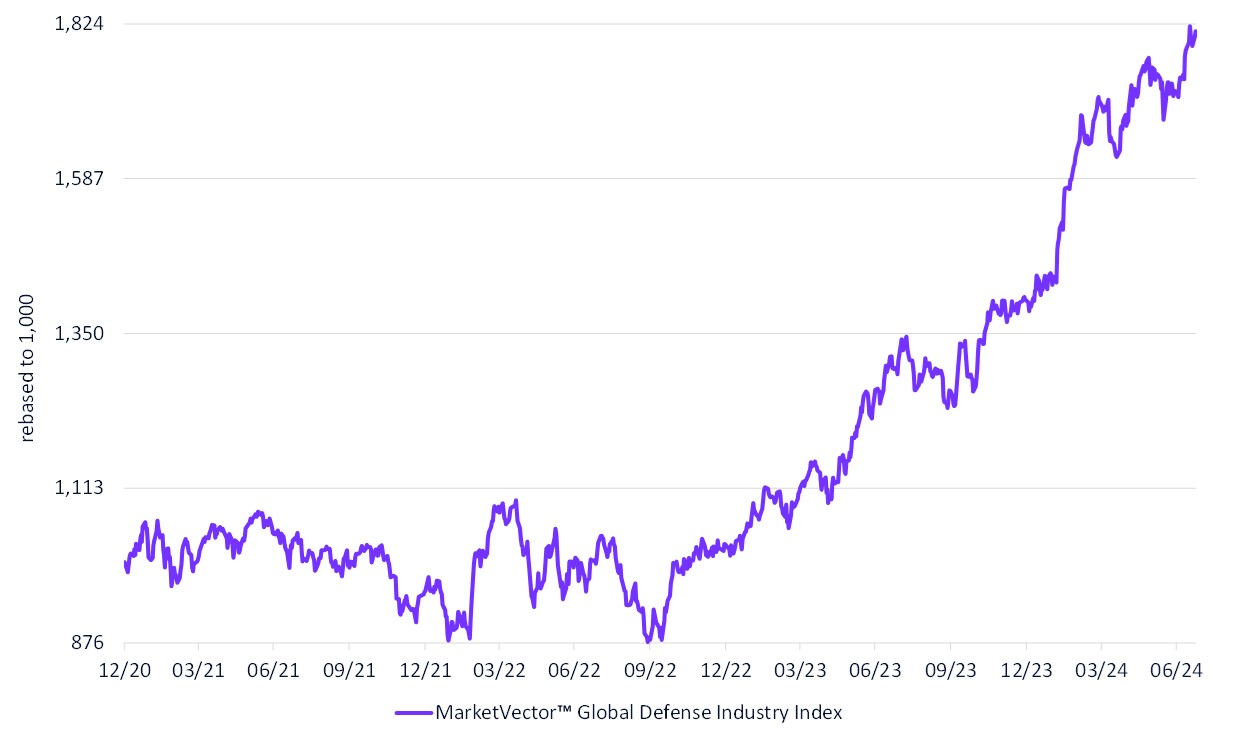The US Department of Defense has announced an updated strategy to establish a global network of regionally aligned maintenance, repair, and overhaul (MRO) capabilities, starting in the Indo-Pacific region. This new approach aims to reduce dependency on transporting equipment back to the U.S. for servicing.
Leveraging allied nations for MRO services
Assistant Secretary of Defense for Sustainment, Christopher Loman, stated that the framework will leverage existing capabilities within allied nations to provide MRO services closer to “operational theaters”1. The initiative aims to enhance U.S. forces' readiness and resilience by shortening supply lines and ensuring rapid equipment turnaround.
Coalition-based sustainment approach
Furthermore, this could mark a significant evolution in defense sustainment, shifting from a national to a coalition-based approach. The Pentagon aims to create a more agile and responsive sustainment system by utilizing the industrial and maintenance strengths of allies. This bolsters logistical support in the Indo-Pacific, and the Pentagon also announced plans to expand these initiatives to Europe, the Middle East, South America, and Africa.
Global expansion and industry trends
This evolution mirrors broader trends in the defense industry, where partnerships and regional collaborations are becoming essential to address modern national security challenges. The industry focus is shifting towards building resilient, regional networks that can adapt to rapidly changing global threats and geopolitical dynamics.
The MarketVector™ Global Defense Industry Index (MVDEFTR) is up 28.70% year-to-date as industry-wide demand has sustained in an era of global conflict. The need for rapid industry developments has paved the way for urgent strategic initiatives in the form of budgeting and logistical reform.
MarketVectorTM Global Defense Industry Index

Source: MarketVector. Data as of July 23, 2024.
For more information on our family of indexes, visit www.marketvector.com.
About the author:
Jesse Nacht is an Index Research Associate at MarketVector IndexesTM (“MarketVector”). His core responsibilities include assisting in index development and design. Having come from a trading background, Jesse holds a Series 57 Securities Trader License. He has a Master of Arts in International Economics and Finance from the International Business School at Brandeis University.
For informational and advertising purposes only. The views and opinions expressed are those of the authors but not necessarily those of MarketVector Indexes GmbH. Opinions are current as of the publication date and are subject to change with market conditions. Certain statements contained herein may constitute projections, forecasts, and other forward-looking statements, that do not reflect actual results. It is not possible to invest directly in an index. Exposure to an asset class represented by an index is available through investable instruments based on that index. MarketVector Indexes GmbH does not sponsor, endorse, sell, promote, or manage any investment fund or other investment vehicle that is offered by third parties and that seeks to provide an investment return based on the performance of any index. The inclusion of a security within an index is not a recommendation by MarketVector Indexes GmbH to buy, sell, or hold such security, nor is it considered to be investment advice.




